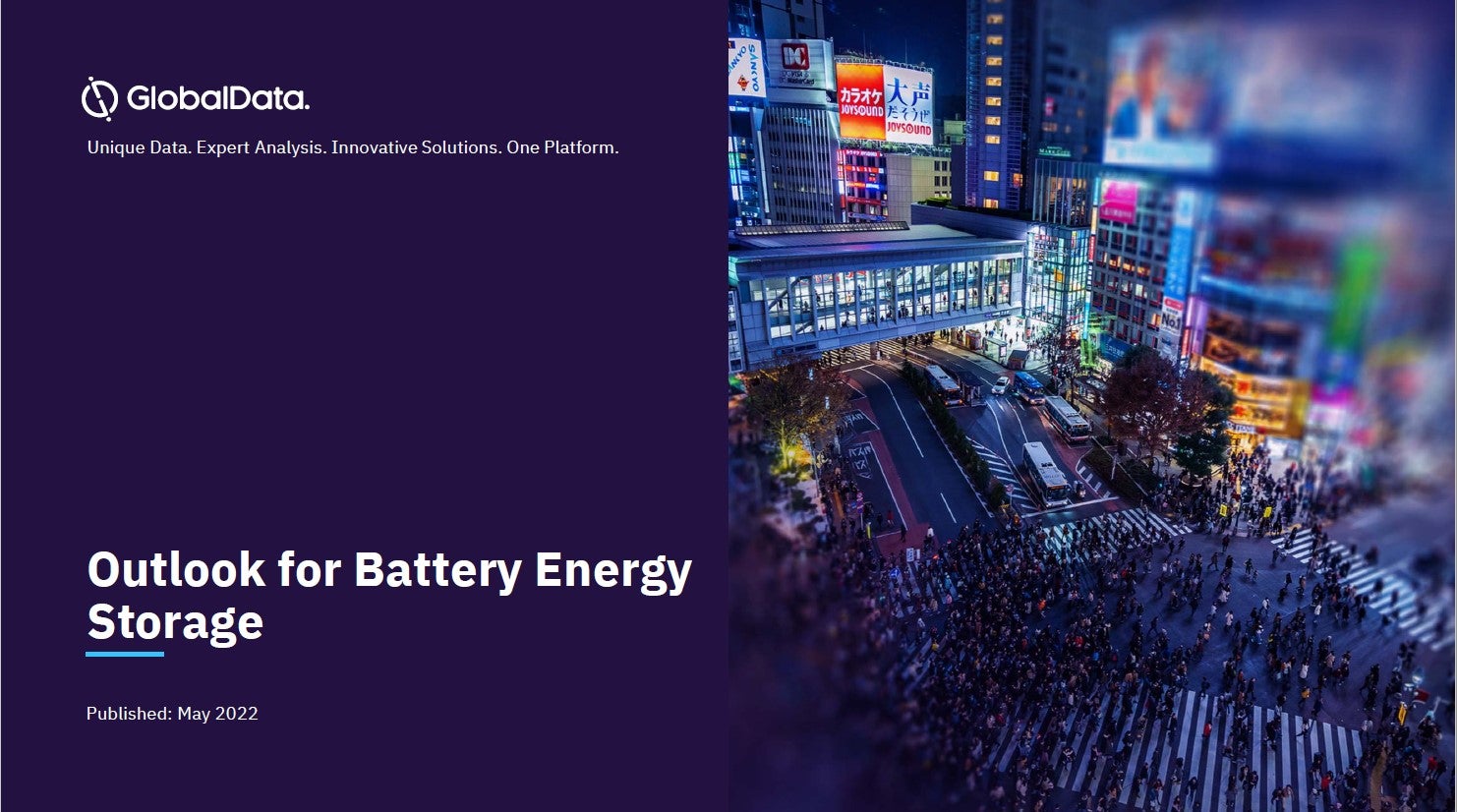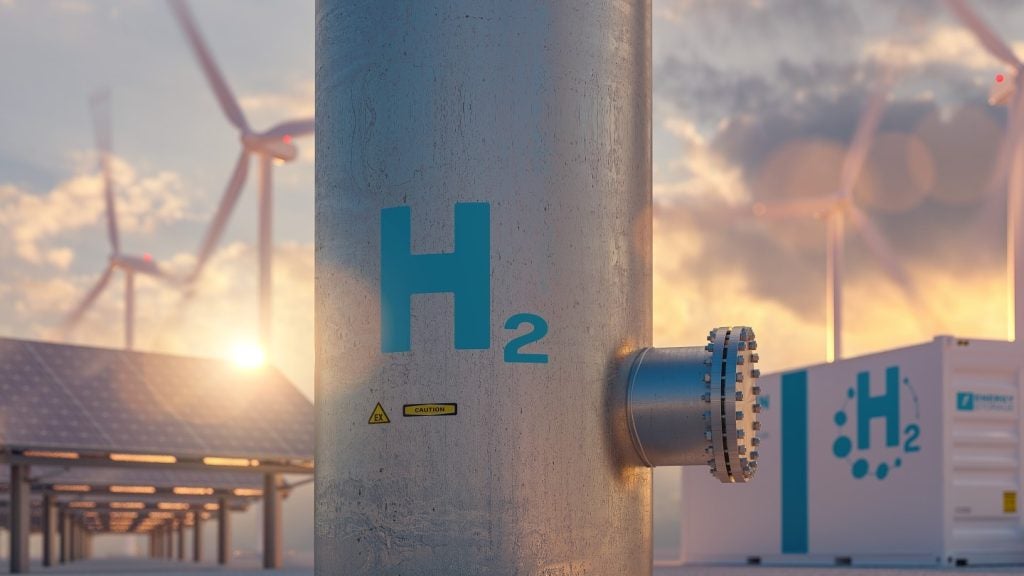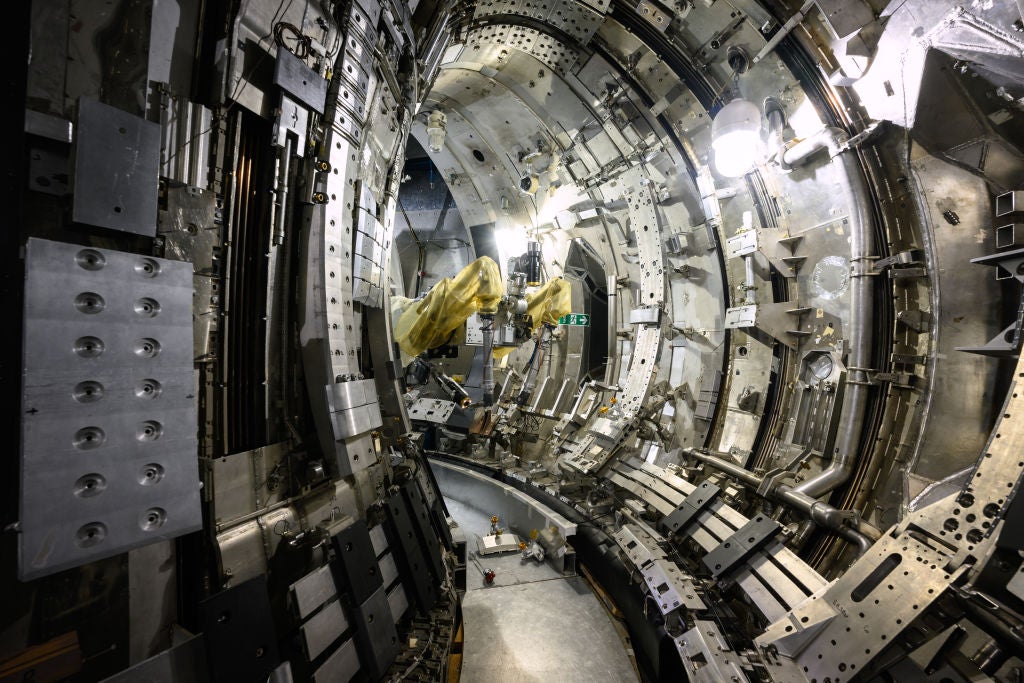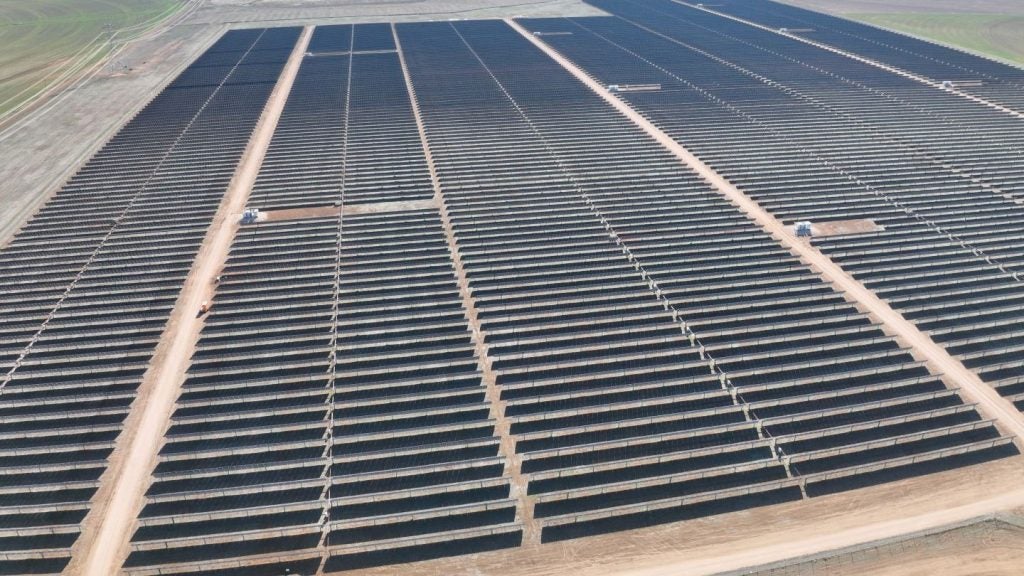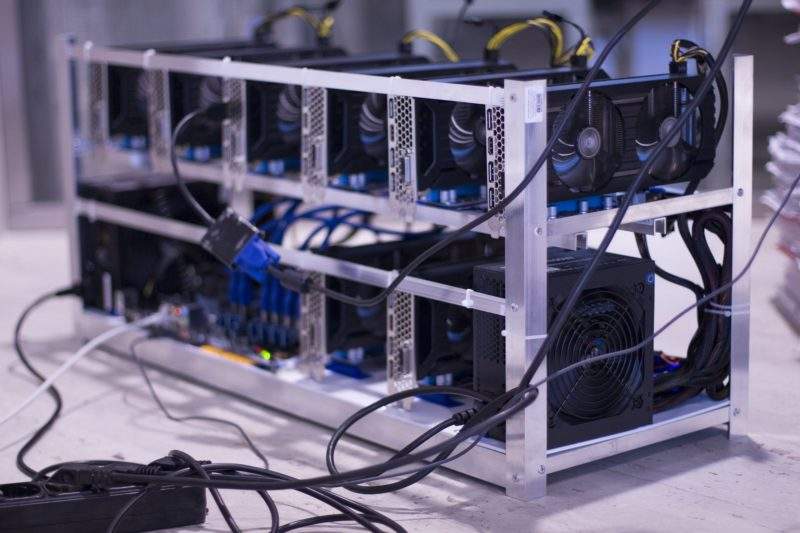
Mining for cyryptocurrencies such as Bitcoin is estimated to use 0.5% of the world’s electric energy by the end of 2018, according to financial economist and blockchain expert Alex de Vries.
The study, published in the 16 May edition of the journal Joule, is reportedly the first rigorously peer-reviewed article that quantifies Bitcoin’s energy requirements.
“To me, half a percent is already quite shocking. It’s an extreme difference compared to the regular financial system, and this increasing electricity demand is definitely not going to help us reach our climate goals,” he said.
Bitcoins are ‘mined’ using a computer to solve a complex mathematical puzzle, which takes around ten minutes, with miners rewarded with 12.5 Bitcoins for successfully solving it. As the value of Bitcoin rises, more people become interested in mining, adding more computers to the network. All of these computers—even the ones that aren’t successful—are consuming electricity.
“You are generating numbers the whole time and the machines you’re using for that use electricity. But if you want to get a bigger slice of the pie, you need to increase your computing power,” said de Vries. “So there’s a big incentive for people to increase how much they’re spending on electricity and on machines.”
How well do you really know your competitors?
Access the most comprehensive Company Profiles on the market, powered by GlobalData. Save hours of research. Gain competitive edge.

Thank you!
Your download email will arrive shortly
Not ready to buy yet? Download a free sample
We are confident about the unique quality of our Company Profiles. However, we want you to make the most beneficial decision for your business, so we offer a free sample that you can download by submitting the below form
By GlobalDataHis estimates put the minimum current usage of the Bitcoin network at 2.55 gigawatts annually, which is almost equivalent to Ireland’s total annual electricity use.
If the price of Bitcoin continues to increase in the way some experts have predicted, de Vries believes the network could someday consume as much as 5% of the world’s electricity.
The key to de Vries’ method is calculating the relationship between the energy and hardware costs and the value of rewarded Bitcoin. He believes that the Bitcoin network will eventually reach an equilibrium, reducing the incentive to mine for new coins. This information was used to estimate the total amount of electricity that the network will use once it reaches this equilibrium.
De Vries compared these and used information about Bitmain, the biggest manufacturer of Bitcoin mining machines, to estimate both how much of a miner’s costs are associated with hardware rather than electricity and when this equilibrium might be reached.
However, de Vries conceded that despite his confidence in his estimates, the manufacturers are extremely secretive. “Sometimes the best information we’ve got is really shaky eyewitness accounts. That’s the stuff we have to work with,” he said.
Some US states have already set restrictions around Bitcoin mining, with Plattsburgh becoming the first city in the US to ban crypto mining after its cheap electricity rates lead miners to use the city as a base for their operations. De Vries believes that his estimate is important to determine the sustainability of cyryptocurrencies and shaping policy around them.
“You need to base your policy on something,” he said. “And I think that my method is important in that regard because it’s very forward-looking. It’s focused not on the now, but on where we’re headed. And I think that’s something you really need to know if you’re going to draft policy about it.”

